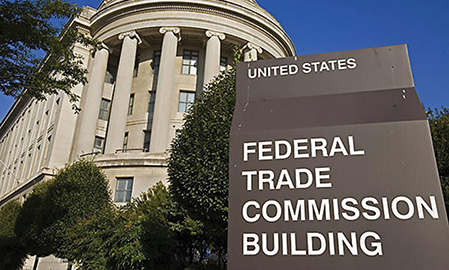FTC is once again taking legal action against a pay-for-delay settlement. The agency levied lawsuits against AbbVie, its partner Besins Healthcare and Teva Pharmaceuticals over what it alleged are anticompetitive pay-for-delay settlement agreements for testosterone treatment Androgel, reported Pharmafile this morning. “The FTC is acting today to stop anticompetitive conduct by AbbVie, Besins Healthcare and Teva which has forced consumers to overpay hundreds of millions for the drug Androgel,” said FTC chairwoman Edith Ramirez, arguing that the defendants blocked competition from both Teva and Perrigo’s lower-cost substitutes for copycat versions of the blockbuster testosterone product and “preserved AbbVie’s and Besins’ AndroGel monopoly for a substantial period of time.” Last year the Supreme Court ruled, in another AndroGel case, that the FTC can scrutinize such deals. MM&M is tracking this story.
JAMA unveiled a study whose findings demonstrate that dementia drugs are costly, yet confer little benefit to nursing home patients. Out of 5,406 nursing-home residents with advanced dementia—who received either cholinesterase inhibitors, memantine hydrochloride or lipid-lowering agents—most received an average of five to 15 medications per day. Authors called that level of medication, which was estimated to cost nearly $3.5 billion for long-term care in 2001, “a serious concern to state and federal policy makers,” and shows “that little progress has been made with with respect to meeting the intent of the Nursing Home Reform Act.”
The UK’s National Institute for Health and Care Excellence says it will go beyond a drugmaker’s submitted materials and seek out additional clinical trial information from European regulatory authorities if they find applications lacking. The government agency outlined the new approach online Tuesday, and wrote that the decision “follows calls for increasing transparency from pharmaceutical companies and comes after Roche was criticized for its handling of data for the pandemic flu drug Tamiflu.” Roche was criticized for failing to give access to one of the 74 clinical trials, the BBC reported last year, an uproar which was kicked off by allegations that the drug did not work.
Minnesota’s Mayo Clinic is partnering with Apple in the hope that the new iWatch will enhance remote patient outreach. Modern Healthcare reports that Mayo already has a patient app in iTunes for making appointments and reading test results, and that the institution expects to roll out a consumer app next year that could address conditions including diabetes, obesity and cardiovascular disease.
Connecticut Attorney General George Jepsen wants to know why the state’s residents cannot get generic Nexium. The Wall Street Journal reports that the state says the holdup—which is the result of the FDA’s banning products from four of the generic drugmaker’s plants—is running up consumers’ healthcare bills. The scenario is similar to one that surrounded generic Diovan until June. In that case, the FDA ban ended up extending the life of Novartis’s branded blood thinner because FDA rules grant an exclusive period for generic makers who are first to file an application to market the generic. Ranbaxy was first-to-file but could not get its copycat approved. Yet, despite the hold on Ranbaxy’s Diovan output, competitors could not enter the generic market until the first generic hit shelves and started the 180-day exclusivity clock. In the case of Nexium, the WSJ reports Jepsen is urging the FDA to let Ranbaxy make the generic or force it to relinquish its right to exclusively market the generic. Ranbaxy’s Diovan is made in the US.








